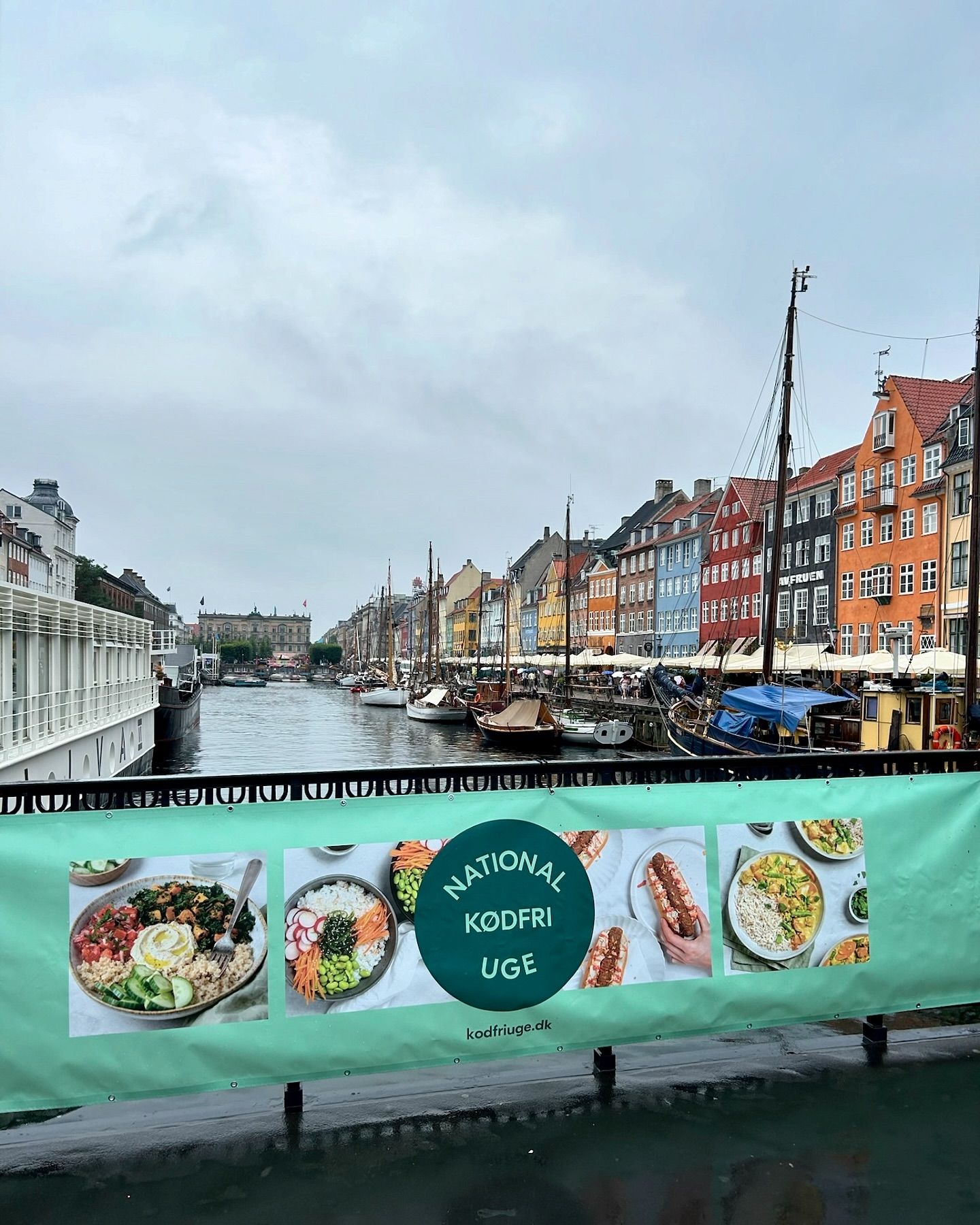
From 9 to 15 September, Denmark held its very first national Week Without Meat (called National Kødfri Uge). Only six weeks later, the results have now been published. A representative survey of 1,104 Danish adults, conducted by market research institute Norstat, shows impressive results. 89 % of participants plan to eat less meat after the campaign.
The campaign, which is supported by the LIKE-A-PRO project as a means to mainstream alternative proteins, received a lot of attention, with 19% of Danes - almost one in five - became aware of the initiative. Remarkably, 100,000 Danish adults (2% of the population) actively chose to participate.
Isabel Boerdam, founder of the campaign, called the participation ‘a remarkable success for a first edition.’ She emphasised:
‘The fact that 89% of participants plan to permanently reduce their meat consumption clearly shows the great impact and relevance of Week Without Meat.’
The importance of this initiative has also struck a chord with many Danes: 31% believe that initiatives like Week Without Meat are important. Furthermore, 30% of people support the government's efforts to reduce meat consumption.
There is also increasing awareness of the environmental consequences of meat production. Almost two-thirds (58%) of Danish adults recognize that meat consumption and production harms the environment and contributes to the climate crisis, and 59% agree that reducing meat consumption would be beneficial for the planet.
Although these figures reflect a growing awareness, a large proportion of the population (66%) still eat meat at least five days a week. However, on a positive note, according to the campaign organisers, 35% of meat eaters expressed a desire to cut down on their meat consumption. The biggest challenges to this include lack of inspiration for meat-free meals (32%), the habit of eating meat as a regular part of everyday life (31%) and the belief that finding alternatives to meat is complicated (30%).
These results point to a growing movement. Boerdam added in this regard:
‘In the Netherlands, participation in the Week Without Meat grew to 19% of the population in just five years. Our goal is to replicate this success here in Denmark. Therefore, Week Without Meat will be an annual event in the future.’
The next Week Without Meat is already planned for 8-14 September 2025, and with this year's success, the organisers are looking forward to even greater results next year.
The Week Without Meat campaign is supported by the LIKE-A-PRO project as a means to mainstream alternative proteins – making them available to all population groups.